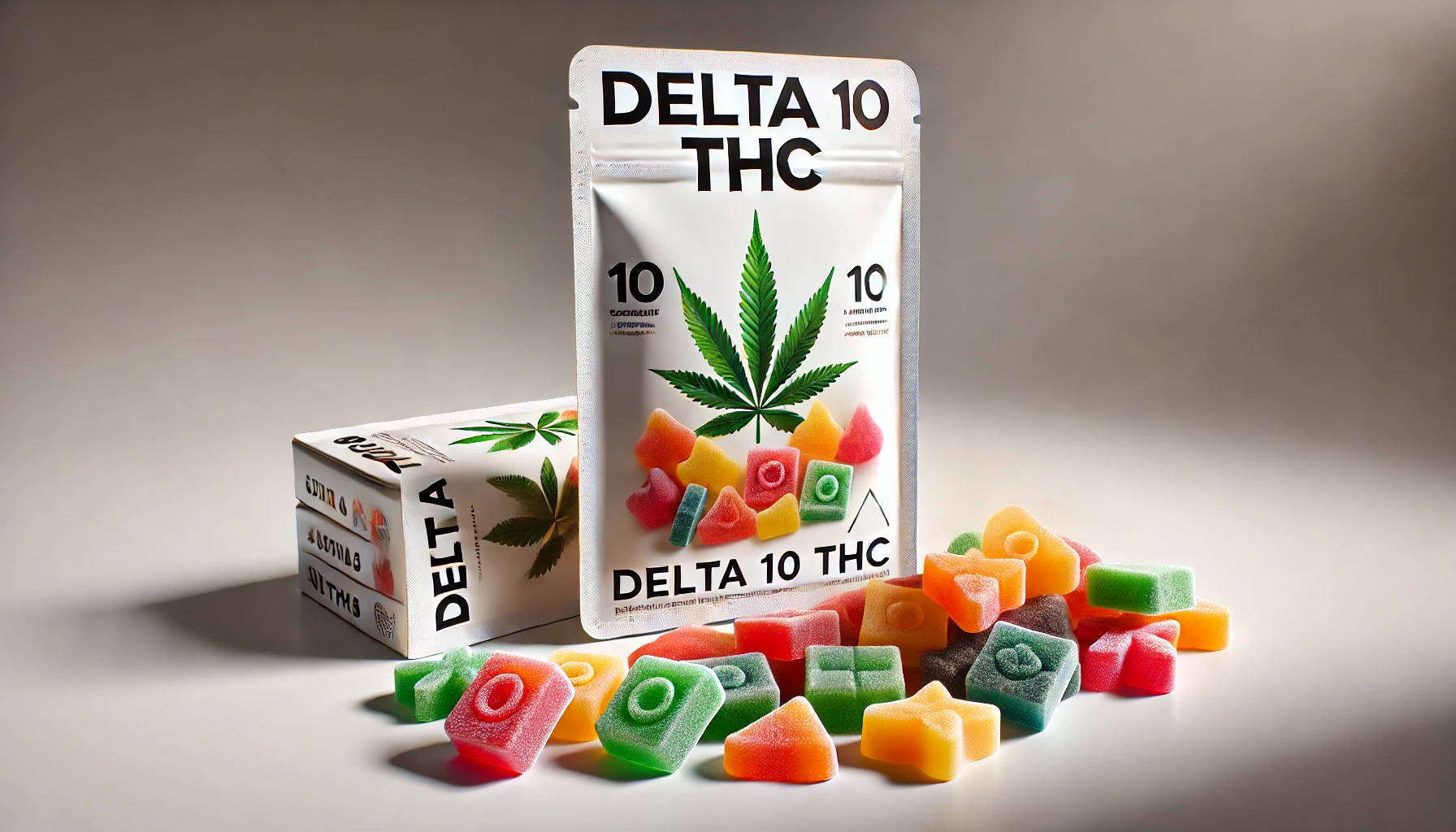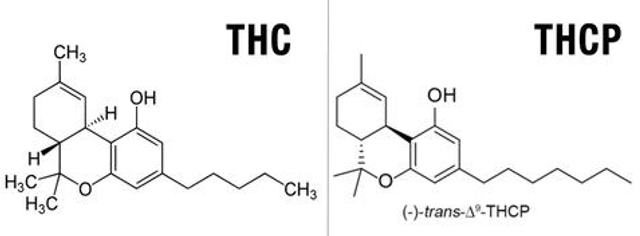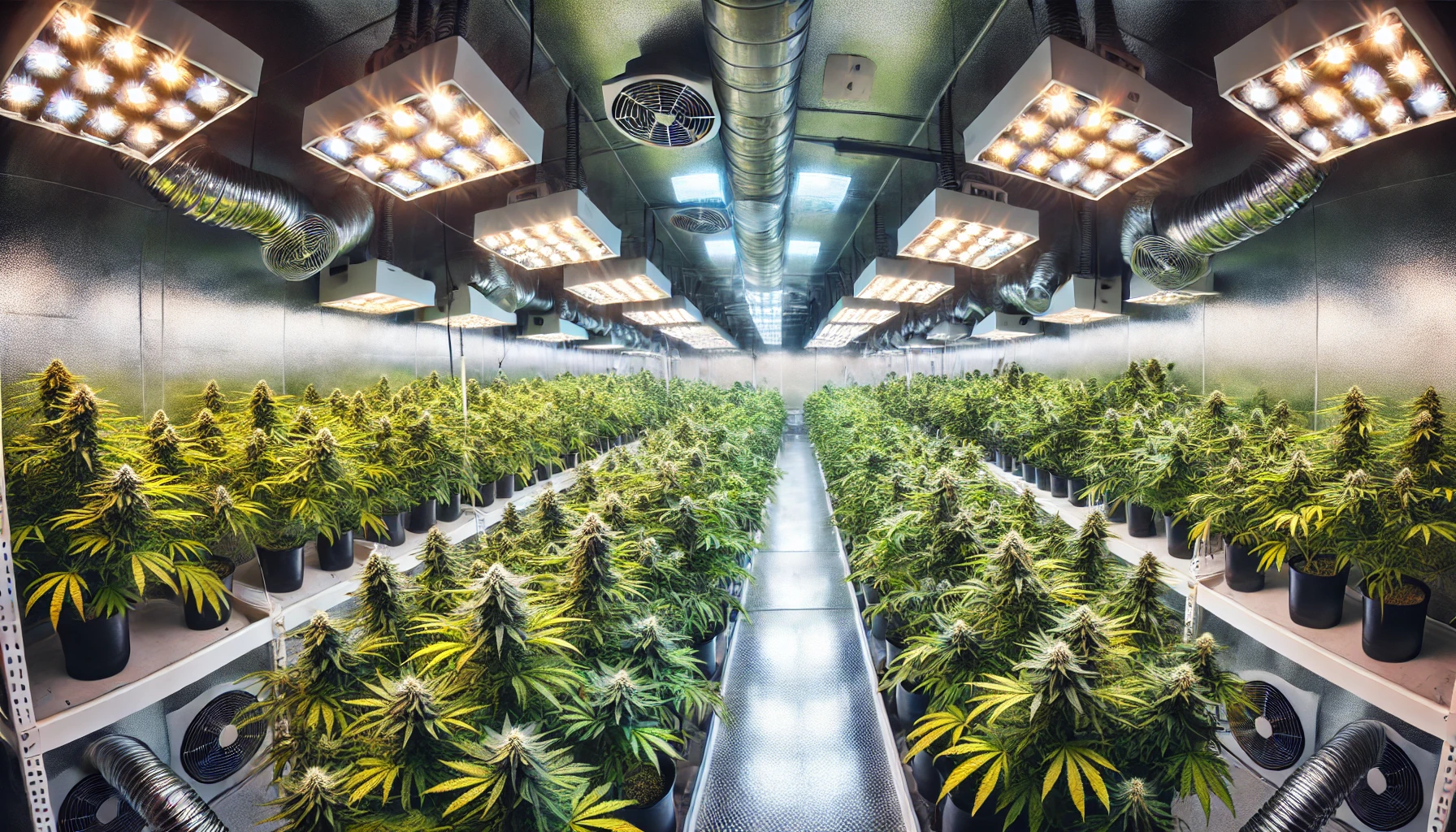The hemp industry has witnessed significant growth since the 2018 Farm Bill legalized hemp and its derivatives, including cannabinoids like CBD and Delta-8 THC, across the United States. However, the rapid expansion has been met with a complex and evolving regulatory landscape that presents both challenges and opportunities.

Understanding the current and emerging regulations for hemp-derived cannabinoids is essential for navigating the market and ensuring compliance while taking advantage of new business prospects.
Current Regulatory Framework
The 2018 Farm Bill marked a turning point by distinguishing hemp from marijuana and defining hemp as cannabis containing no more than 0.3% Delta-9 THC on a dry-weight basis. This definition allowed the cultivation, processing, and sale of hemp and its derivatives, including non-intoxicating cannabinoids like CBD. The bill also shifted regulatory oversight from the Drug Enforcement Administration (DEA) to the U.S. Department of Agriculture (USDA) and Food and Drug Administration (FDA), with the USDA overseeing hemp cultivation and the FDA handling products intended for human consumption.
However, the FDA has been slow to establish clear regulations for CBD as a dietary supplement or food ingredient, leading to uncertainty in the marketplace. Some states have filled the regulatory gap by enacting their own CBD guidelines, creating a patchwork of state-level regulations that vary widely. This decentralized approach complicates the legal landscape for companies looking to market their products nationwide.

The Rise of Hemp-Derived Cannabinoids like Delta-8 THC
In recent years, Delta-8 THC has emerged as a popular product within the hemp industry. It is a psychoactive compound similar to Delta-9 THC but less potent, and it can be synthesized from CBD through chemical processes. The legality of Delta-8 THC is contentious, with some arguing it falls under the umbrella of legalized hemp derivatives as per the 2018 Farm Bill. Others, however, consider it a controlled substance due to its psychoactive effects.
States have responded differently to Delta-8 THC, with some enacting bans or restrictions due to concerns about safety and the lack of regulation. The FDA has also issued warnings about Delta-8 THC products, citing reports of adverse effects and inadequate labeling. Despite these challenges, the market for Delta-8 THC remains robust, and some companies are exploring ways to comply with evolving state regulations by improving product safety, labeling, and transparency.

Emerging Regulations and Their Implications
As the hemp industry matures, new regulations are being considered at both federal and state levels to address safety concerns, standardize testing, and regulate psychoactive cannabinoids derived from hemp. The FDA is currently exploring pathways for regulating CBD and other cannabinoids as dietary supplements, which could open up new opportunities for the industry by providing a clear framework for marketing these products.
Additionally, some states are introducing more comprehensive hemp regulations that address the production, sale, and labeling of all hemp-derived cannabinoids, not just CBD. For instance, California recently enacted regulations that mandate rigorous testing standards and restrict certain synthetic cannabinoids while allowing the sale of naturally derived hemp products. These regulations aim to protect consumers while enabling the continued growth of the hemp industry by ensuring that products meet quality and safety standards.

Opportunities for Industry Growth
The evolving regulatory landscape presents an opportunity for the hemp industry to mature and gain greater legitimacy. By adhering to stringent quality control measures and transparent labeling practices, companies can build consumer trust and differentiate themselves in a crowded marketplace. The establishment of standardized testing and certification programs for hemp-derived products could also enhance product safety and consistency, attracting a broader customer base.
Moreover, the regulatory attention on hemp-derived cannabinoids like Delta-8 THC may lead to the development of new, innovative products that comply with state and federal guidelines. Companies that invest in research and development to create safe, effective, and compliant cannabinoid products will be well-positioned to capitalize on future regulatory changes.
A Positive Outlook for the Future

While the current regulatory environment poses challenges, it also signals the growth and maturation of the hemp industry. The increased focus on safety and standardization is a positive development that will likely lead to a more stable and sustainable market in the long run. As federal and state regulators continue to refine their approaches to hemp-derived cannabinoids, companies that prioritize compliance and product quality will thrive.
Ultimately, the ongoing regulatory developments provide an opportunity for the hemp industry to advocate for fair and science-based policies that promote growth while ensuring consumer safety. With the potential for new federal regulations on the horizon, the industry is poised for continued expansion as it navigates these changes and adapts to the evolving landscape.
Find out more about cannabis here at Cannabis for Dummies.

